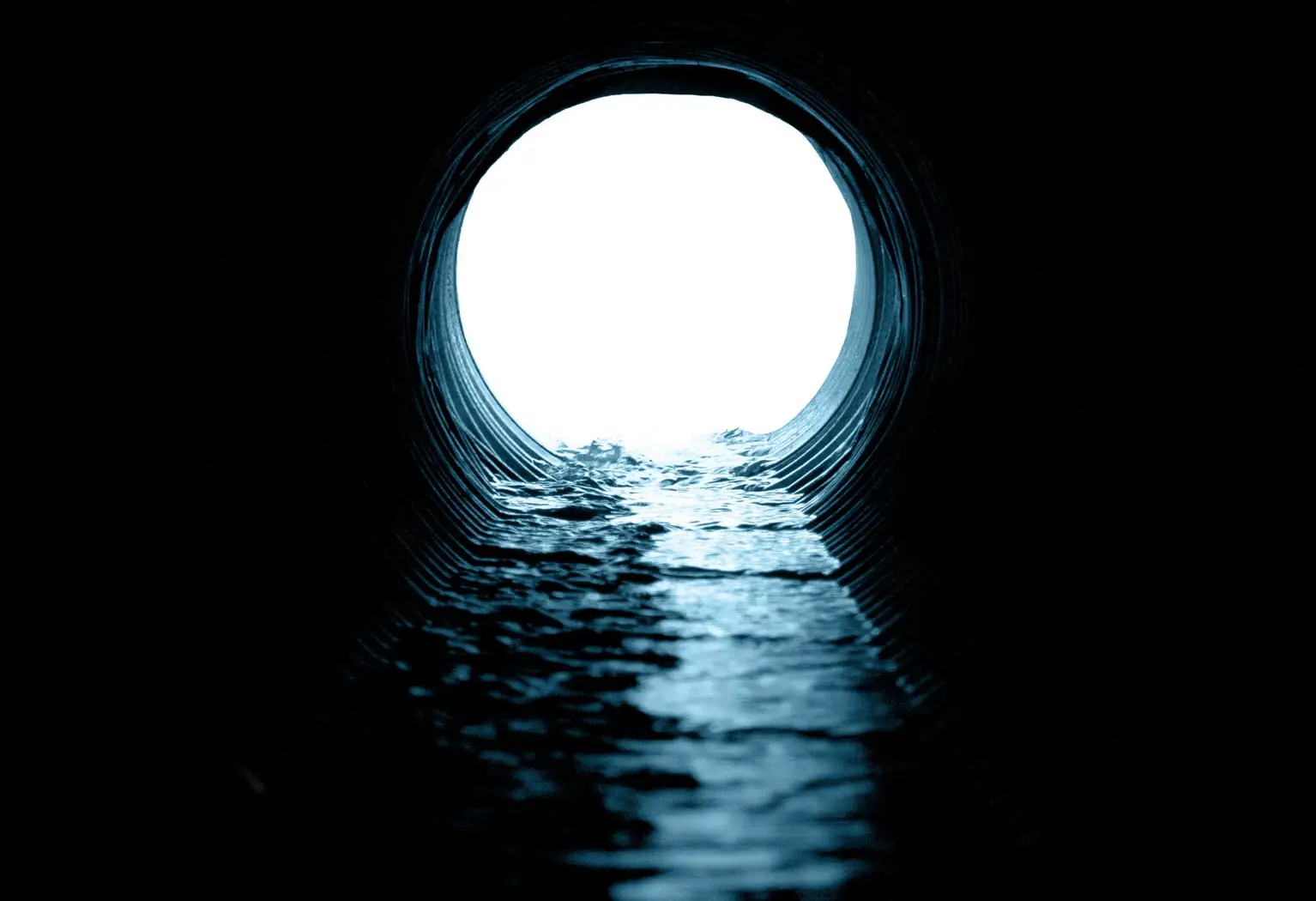Storm water overflows are being discharged into the River Medina, it has been revealed.
Southern Water has confirmed a concern raised by the Isle of Wight council’s harbour committee, but said there is “very little evidence” sewage is being discharged in the watercourse, which runs into the Solent.
One ‘blip’ last October
There was one ‘blip’ in October last year when a sewer pipe split at Newport Quay, by the Premier Inn, causing flooding and sewage to go into the River.
Neil Bell, network protection enforcement officer for the utlity firm, confirmed tankers were used to minimise the amount of sewage that leaked into the water and was taken up the road to the Fairlee works.
Harbour committee meeting
He was among the officers from the water company at a meeting yesterday (Wednesday), to answer members’ questions.
Mr Bell confirmed six outflows go into the Newport Harbour area and are all monitored.
He said he understands the concerns residents have when they see discolouration in the River Medina, as it ‘looks bad’ but it was soil runoff from agricultural fields.
Regulated discharges
Every discharge into the River Medina in 2022, Mr Bell said, was regulated and approved in storm conditions by the Environmental Agency.
Of the discharges, 95 per cent is rainwater and the other five per cent is road silt and debris washed into the outflow from highways.
Discharges into the Medina are not shown on Southern Water’s monitoring system, Beachbuoy, as it only shows outflows into bathing water areas.
Beach Buoy service to be expanded
That is set to change next year, Keith Herbert, Isle of Wight area manager said, as the system will expand to all outflows from the Southern Water estate, but the data is published on the water company’s website.
Newport Harbour Master, Jonathan Brand, confirmed he was alerted every time an outflow was used, but said they were ‘not long’, only lasting minutes, not hours, at a time.
Mr Bell said he usually looks for misconnections in the drainage system which sees foul water flushed into the environment and there are lots of things people can do to make sewer capacity greater.
This article is from the BBC’s LDRS (Local Democracy Reporter Service) scheme, which News OnTheWight is taking part in. Some alterations and additions may have been made by OnTheWight. Ed
Image: Scott Rodgerson under CC BY 2.0





